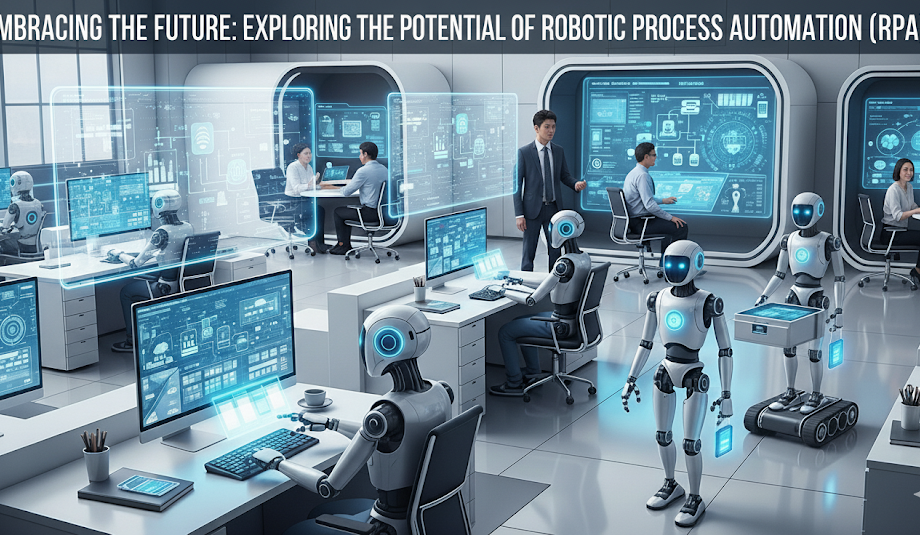In recent years, Robotic Process Automation (RPA) has emerged as a game-changing technology that has revolutionized the way businesses operate. RPA involves the use of software robots or artificial intelligence to automate mundane tasks, allowing organizations to streamline operations, increase efficiency, and reduce human error. This technology is rapidly gaining popularity across industries, from finance to healthcare, as more and more companies recognize the immense benefits it offers.
One of the key advantages of RPA is its ability to improve operational efficiency. By automating repetitive tasks such as data entry, file manipulation, and transaction processing, businesses can significantly reduce the time and resources required to complete these tasks. This not only frees up employees to focus on more strategic activities but also leads to faster turnaround times and improved accuracy.
Another major benefit of RPA is its scalability. Unlike traditional automation solutions, RPA can be easily scaled up or down based on the needs of the business. This flexibility allows organizations to adapt quickly to changing market conditions and customer demands, providing them with a competitive edge in today’s fast-paced business environment.
Furthermore, RPA can help businesses increase compliance and reduce risk. By automating processes that are prone to human error, organizations can ensure greater accuracy and consistency in their operations, leading to better compliance with regulations and standards. This not only helps businesses avoid costly fines and penalties but also enhances their reputation and trustworthiness in the eyes of customers and stakeholders.
Additionally, RPA can drive cost savings for businesses by reducing the need for manual labor and increasing productivity. By automating tasks that were previously performed by humans, organizations can achieve significant cost efficiencies and improve their bottom line. This cost-effectiveness makes RPA an attractive investment for companies looking to optimize their operations and drive growth.
In conclusion, Robotic Process Automation (RPA) is a transformative technology that has the potential to revolutionize the way businesses operate. With its ability to automate repetitive tasks, improve efficiency, scalability, compliance, and reduce costs, RPA offers a myriad of benefits for organizations seeking to stay ahead in today’s competitive landscape. As more and more companies embrace this technology, it is clear that RPA will continue to drive innovation and reshape the future of work.
 :
https://www.pinterest.com/xceltec0192/
:
https://www.pinterest.com/xceltec0192/

